Thomas Hobbes famously described the state of nature – the imagined condition of humankind before the existence of central governments – as “war of every man against every man”. This has led many political theorists to think that war is simply the human condition. This thinking has in turn influenced theorists of international relations, who see contemporary states resembling the individuals of Hobbes’ state of nature – coexisting in an environment with no overriding authority, and no way to resolve conflicts other than through violence. But such accounts both misunderstand Hobbes’ state of nature, and exaggerate the similarities between individuals and states, argues Silviya Lechner.
In Leviathan, Thomas Hobbes described the state of nature as a condition of ‘warre . . . of every man against every man’, a vivid description that has inspired generations of political theorists and students of international relations, especially those sympathetic to the theory of political realism. But the ambiguity of the concept of ‘war’ and how Hobbes understood it remains. Is war among nations – or states – the same, similar, or radically different from war among human individuals? Is the international realm an arena where states are constantly in a state of war, competing for power and security, as realism would have it? And if so, what kind of arrangement, if any, would put an end to this condition?
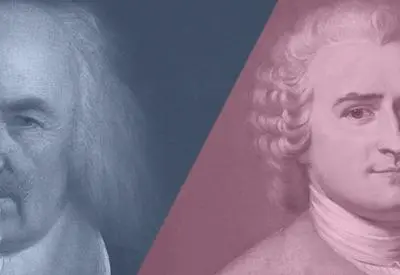 SUGGESTED READING
Hobbes vs Rousseau: are we inherently evil?
By Robin Douglass
Hobbes often talks as if the state of nature is a state of war, but actually the two concepts are different. My thesis is that the general concept of a state of nature represents an unregulated domain of free interaction, whereas the state of war (‘war’ for short) is a special case of it denoting a condition of uncertainty and mutual hostility.
SUGGESTED READING
Hobbes vs Rousseau: are we inherently evil?
By Robin Douglass
Hobbes often talks as if the state of nature is a state of war, but actually the two concepts are different. My thesis is that the general concept of a state of nature represents an unregulated domain of free interaction, whereas the state of war (‘war’ for short) is a special case of it denoting a condition of uncertainty and mutual hostility.
How much evidence can we find in Hobbes’s writings to support the realist case that the international realm is a domain of war among nations? ‘[] The nature of War, consiteth not in actual fighting, but in the known disposition thereto’, he writes. In this sense, it is a state of mutual hostility. But is it necessary to assume, in addition to the premise of mutual hostility, that states are at war, competing for power and security? Is the notion of an international anarchy – a condition of state interaction not regulated by an overarching public authority in the global realm – rendered complete by the idea of ‘war’, in Hobbes’s terms, or does it require also the premises of power and security?
To answer this puzzle, it is necessary to retrace the argument back to Hobbes’s general account of a state of nature. A distinctive feature of this account is that it emphasises the notion of interaction between agents. Hobbes does not posit a situation where I act alone, facing a difficult situation that demands a response on my part (crossing a dangerous river, say), but one where I find myself surrounded by others – and the fact of being surrounded by a ‘multitude’ is the starting premise for the predicament associated with the state of nature.







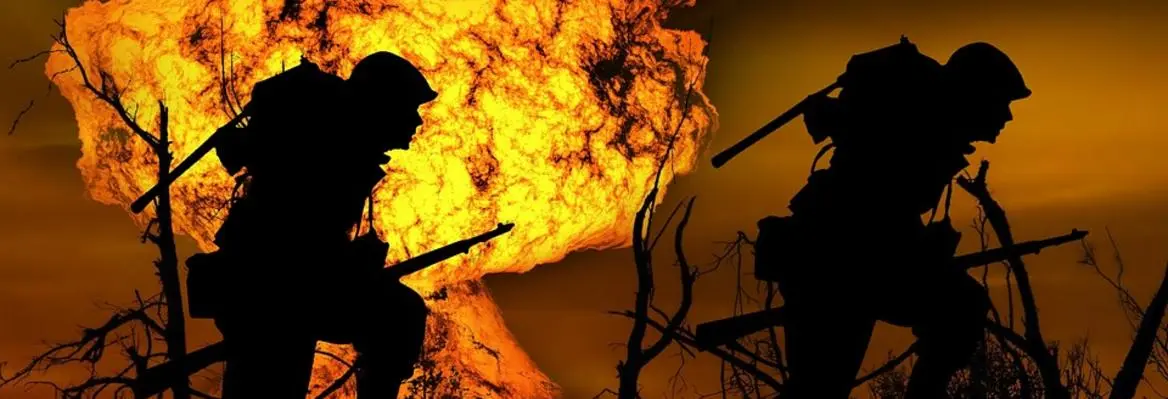




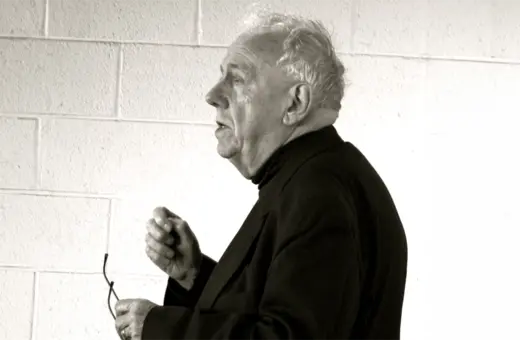

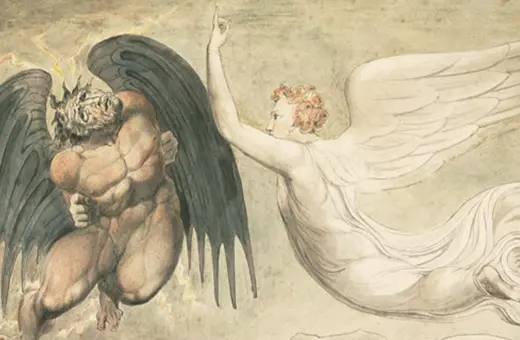
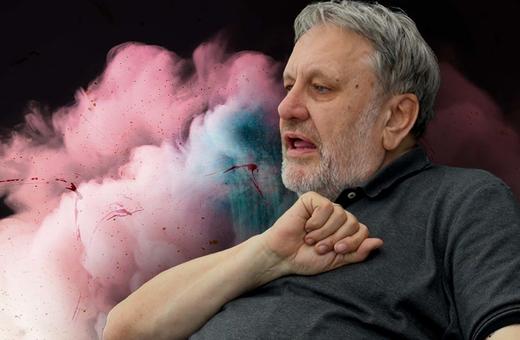
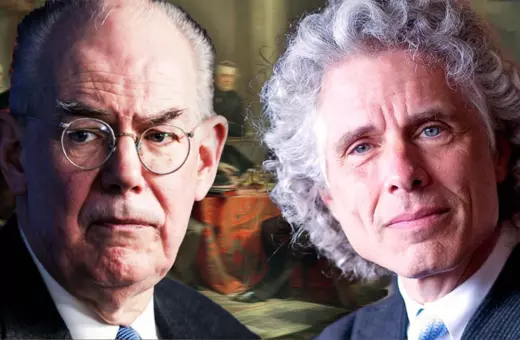




Join the conversation